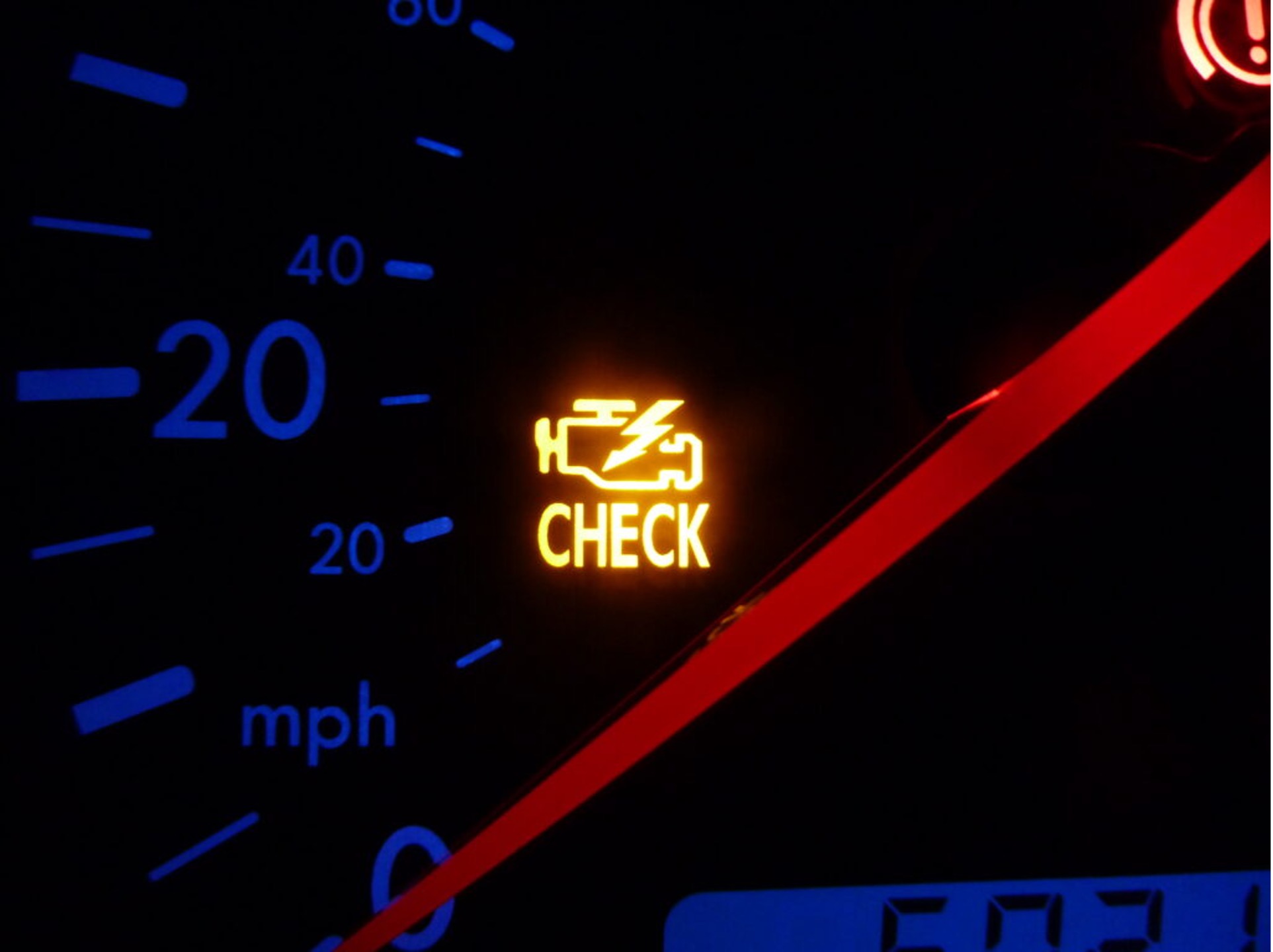
Recently, we have had a slew of people calling our office asking, “Can I have a TMJ / TMD problem with no pain?” They go on to explain they have nothing wrong with them except for a popping and clicking noise in the joints. Well, dear readers, the popping and clicking in those jaw joints are simply the early warning system that our body uses to tell you to deal with the problem before it becomes more serious. Let me explain: the popping/clicking indicates that the protective disc on top of the jaw bone has slipped off from where it belongs and now it is moving on and off the top of that jaw bone. This is not a good situation- it’s kind of like if you have a red light on your dashboard that says the oil is low in your car- the car is still driving just fine, but you are now being warned that a problem is imminent, and you should deal with it. Most of us will probably take the car to the shop and get the oil topped off. What I find unfortunate is that most humans do not listen to their own bodies. Just because it does not hurt, yet, does not mean you should ignore the warning signs.
The human body is designed to keep on functioning even when it has problems. Your jaws are designed so that you can keep on eating, in order to survive, even when they have a problem! This is why your body gives you signals that something might be amiss. Now you just need to listen to the signals and deal with the problem. I must admit that every day of the week I meet and talk to a new patient and they tell me “Well, it’s been popping for 20 years now but the pain just started”. I tell them that the body presented a warning sign years ago, no action was taken and the jaw joints are now in worse shape. Sometimes they admit they were told to see a TMD specialist but never went. Some mention that they told their dentist about the popping and clicking, and they were told to wait or ignore it since there is no pain. This frustrates me however, I try to remind myself that TMJ Dysfunction was not taught in depth in dental school. Some doctors do not know much about they symptoms of TMD or what to look out for. As part of the dental community, we need to share our findings and constantly learn so we can provide the best care to our patients. Also, we need to do a better job listening to our bodies!
Over the years I have connected with many dentist and physicians and we have spoken about the symptoms of TMD and what to look out for. This is how a majority of patients find my office. These doctors are familiar with our treatment and they know what the warning signs are. If your doctor tells you that you have a TMD problem, they are doing you a great service. See a specialist and treat the problem before more symptoms arise.
For now, I will continue my own journey of educating my patients and colleagues and give them the best care possible. In turn, they are already educating their friends and family about TMJ disorder. It’s a slow journey, but maybe one day the world will understand this is something that should not be ignored.
